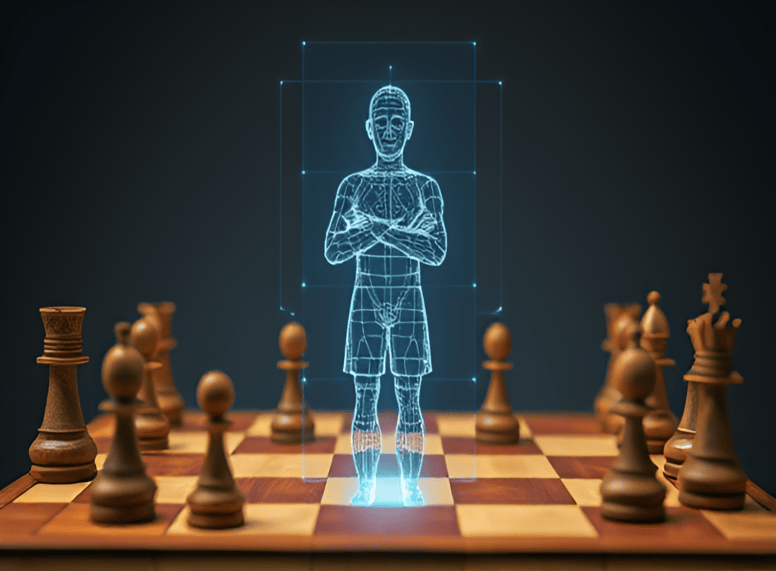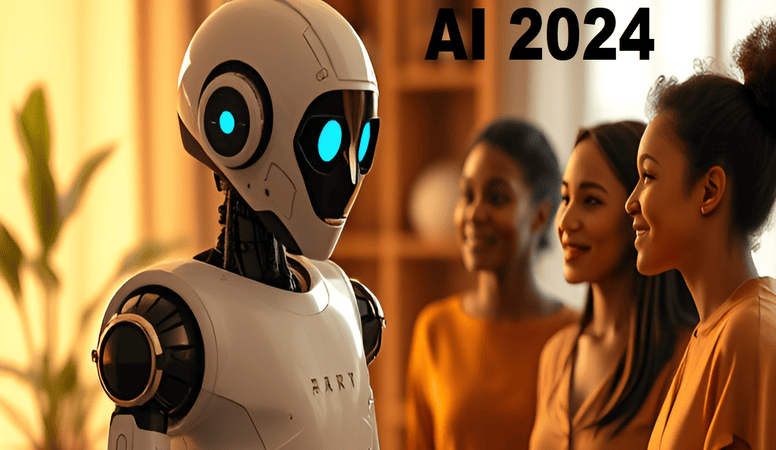A chess game is one of the oldest and most strategic games in the world. It requires critical thinking, planning, and creativity. In recent years, AI has completely transformed how chess is played, analyzed, and taught. From playing against powerful AI engines to learning chess with advanced tools, AI has made the game more accessible and exciting for everyone. But how did we get here? Let’s dive into the fascinating journey of AI’s integration into the chess world.
The Rise of AI-Powered Chess Engines
AI’s impact on chess is most evident in the development of powerful chess engines. These engines utilize advanced algorithms and deep learning techniques to analyze positions, calculate potential moves, and make intelligent decisions. The introduction of generative AI has further revolutionized the landscape. Deep learning algorithms allow these engines to not only evaluate positions but also create new content, such as puzzles and training scenarios, enhancing the educational aspect of chess.
Enhancing Player Experience
AI has become an invaluable tool for players at all levels. It provides deep analysis and evaluation of positions, helping players understand intricate tactical and strategic nuances that may have previously gone unnoticed. Platforms like Chess.com offer personalized training and real-time feedback, making it easier for players to improve their skills. Players can engage with AI opponents to test their skills and analyze their games in meticulous detail.
AI vs. Humans: Who Is Better?
AI engines are far stronger than any human player. They can calculate billions of moves in seconds and rarely make mistakes. However, human players bring creativity, intuition, and emotional depth to the game. While AI dominates in terms of strength, it cannot replicate the human experience of playing chess.
The Future of AI in Chess
The future of AI in chess looks promising. As technology evolves, we can expect even more advanced tools for learning and playing the game. AI may also help us explore new aspects of chess, such as analyzing historical games, studying rare openings, and developing innovative strategies. Moreover, AI could be used to make chess more inclusive, offering translations, accessibility features for differently-abled players, and interactive lessons for kids.
Conclusion
AI has revolutionized chess, making it more exciting and accessible for players of all levels. Whether you are a casual player or a serious competitor, AI offers incredible tools to enhance your chess journey. As AI continues to evolve, it will undoubtedly take chess to new heights, blending the best of human creativity and machine intelligence.








